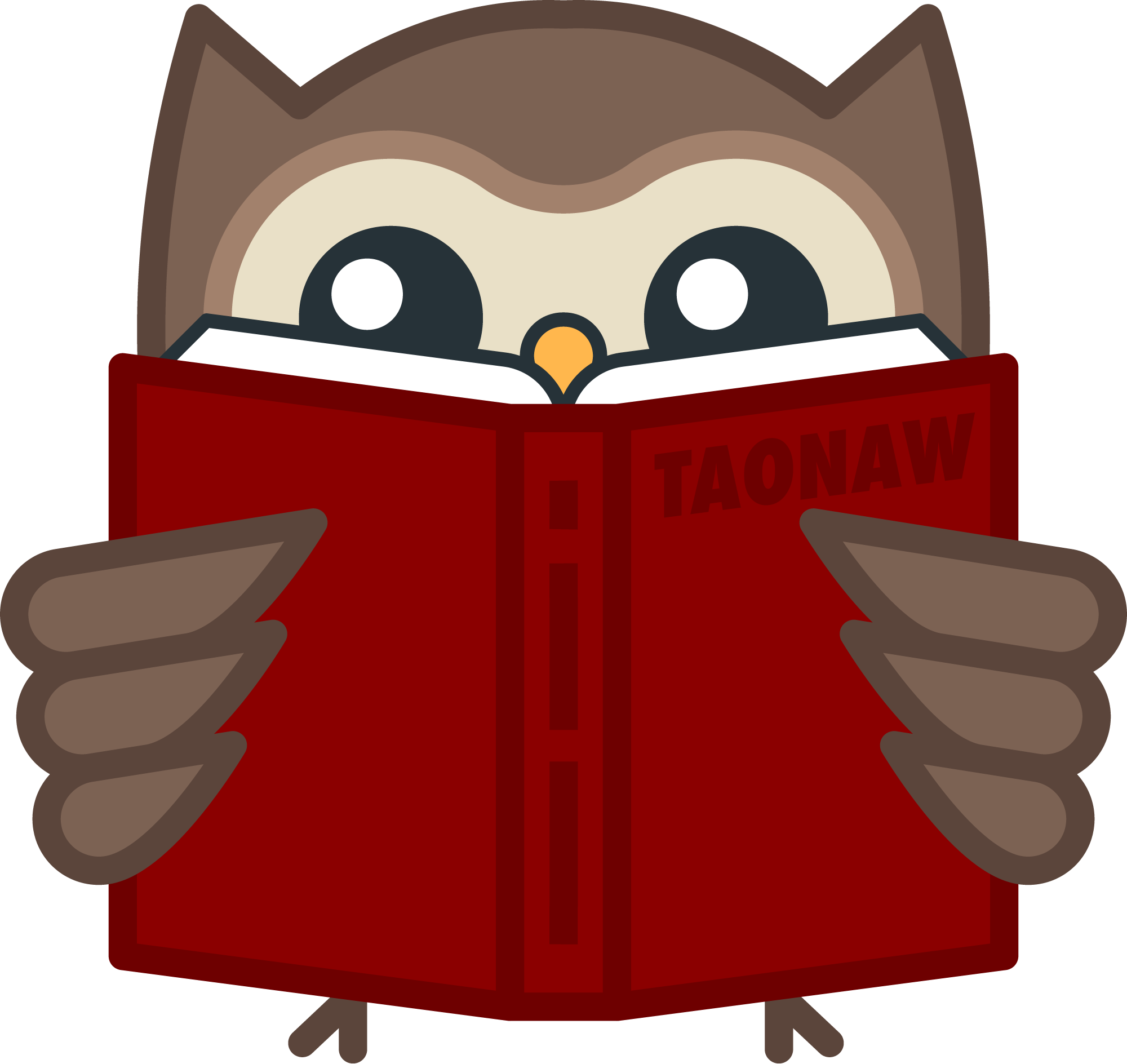Two Eamcs tweaks I forgot about (most of you will know these):
Use Consult’s recentf to see a list of files that were edited recently:
(global-set-key (kbd "C-x C-r") 'consult-recent-file)
Consult’s org-agenda (jump to heading) is quicker than what I usually do, which is to list all ACTIVE keywords in emacs (this is how I list my projects), and then go down the tree to find the specific TODO header I want.
Since I often know what I’m looking for within active projects, I can use consult-org-agenda, which narrows headers dynamically as I search. Much faster and clutter-free:
(global-set-key (kbd "C-c C-h") 'consult-org-agenda)
Something good happened when I got my new TV. I started enjoying movies and TV shows more. I know, what a surprise, right? There are a few things at play here.
The apartment’s natural darkness and quiet make it ideal for watching movies. We also got two headsets connected to it (this required a Bluetooth hub, which works great), which adds to the experience. The Sony TV’s color depth and detail make 4K resolution really pop. And last but not least, I connected my old Mac mini to it to watch whatever movies I have saved on my backlog.
With all of that, I started catching up on shows and movies. For now, Nat and I started watching Severance, and I caught up on Better Call Saul, which I never followed up on; I’m happy to see all the episodes are still on Netflix. We’re also finishing up on the second season of Bear when we get the chance.
With video games I want to follow up on, movies, and books, there’s a lot to keep track of. There are good websites for some of these things, like letterboxd for movies and backlogged for video games (and I’m on both), and of course there’s Micro.blog for books, but it’s challenging to follow up media on all these different sites which are set up differently and have their own accounts - so I turned back to a suggestion I once read on Lou’s blog: Sequel.
Everything I want to follow on, whether a TV show (down to each episode of each season), a video game (with release dates), a book, or a movie - it’s there. It has a beautiful interface that makes it a breeze to find and add something. Oh, and it’s available on macOS and iOS, so I can mark the latest episode of Better Call Saul I just watched from the sofa.
For posts on this blog, I still need to review movies with letterboxd and games with backlogged, because the sites' RSS feeds goes directly to the blog, but Sequel is great to keep track of it all.
One of the things I realized (again) on this staycation: I am curious and my hunger for technology didn’t go anywhere. It was just squished under layers of workload.
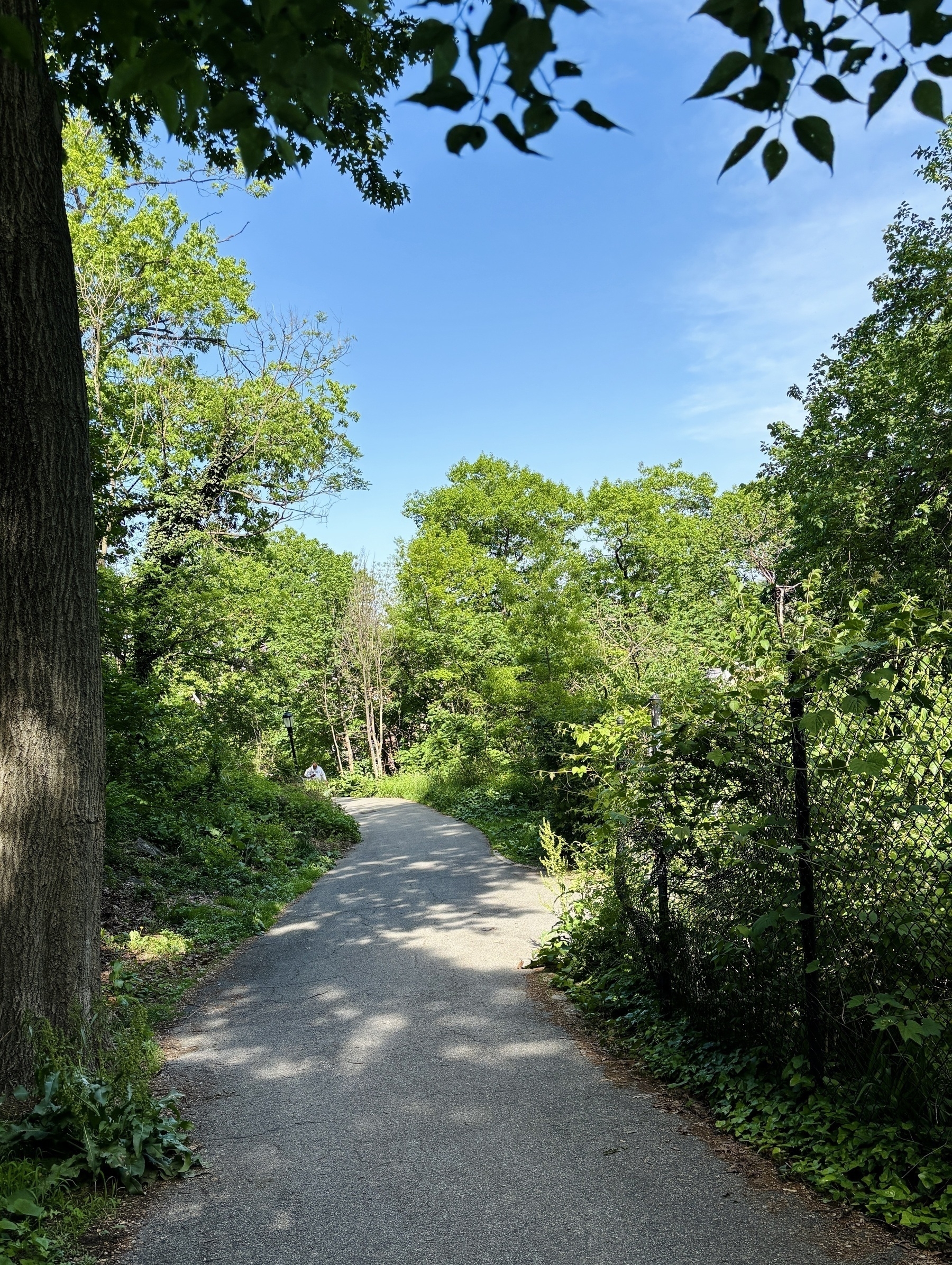
I’m relying increasingly on Journelly to save quick links and notes. It’s swift, and it’s easy to add to org-mode as a project or the agenda
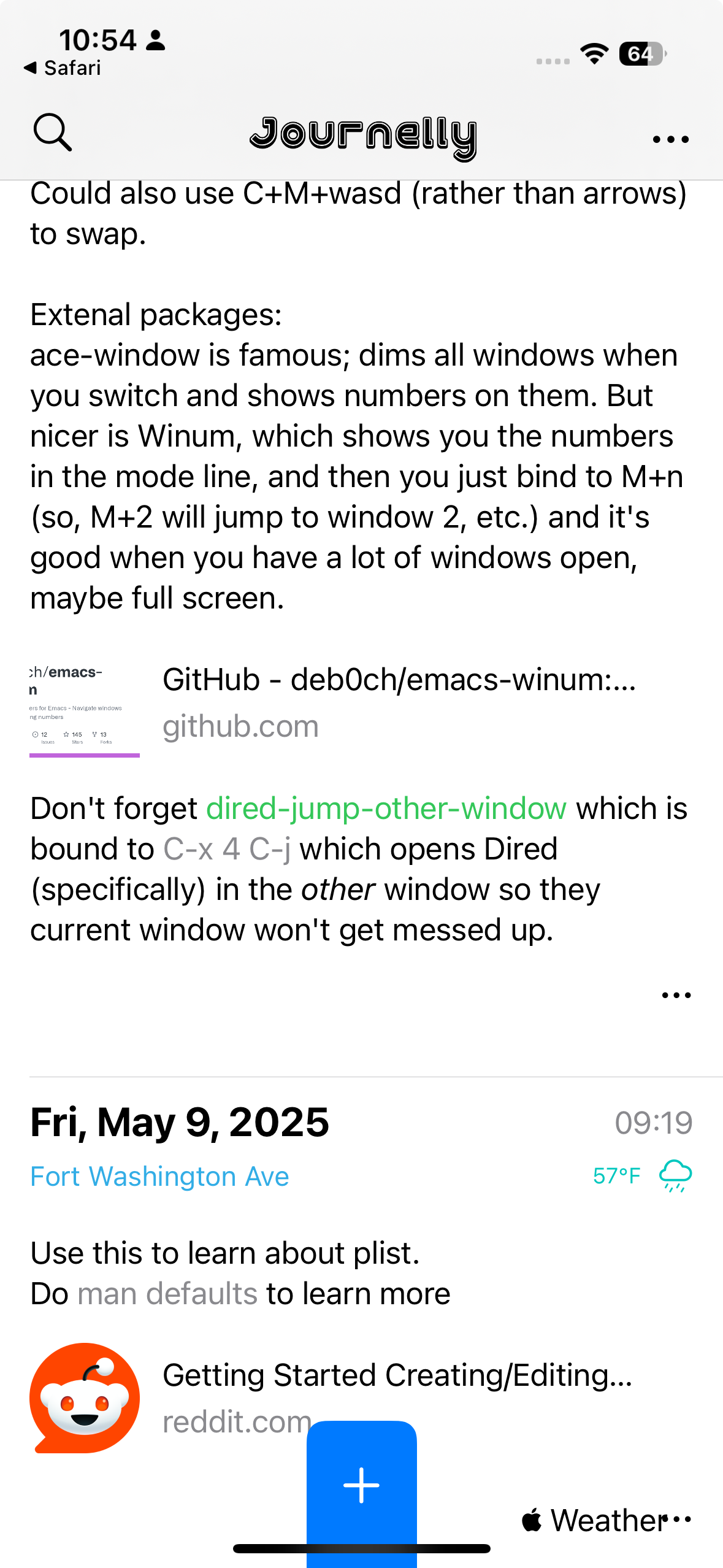
Warfare, 2025 - ★★★½
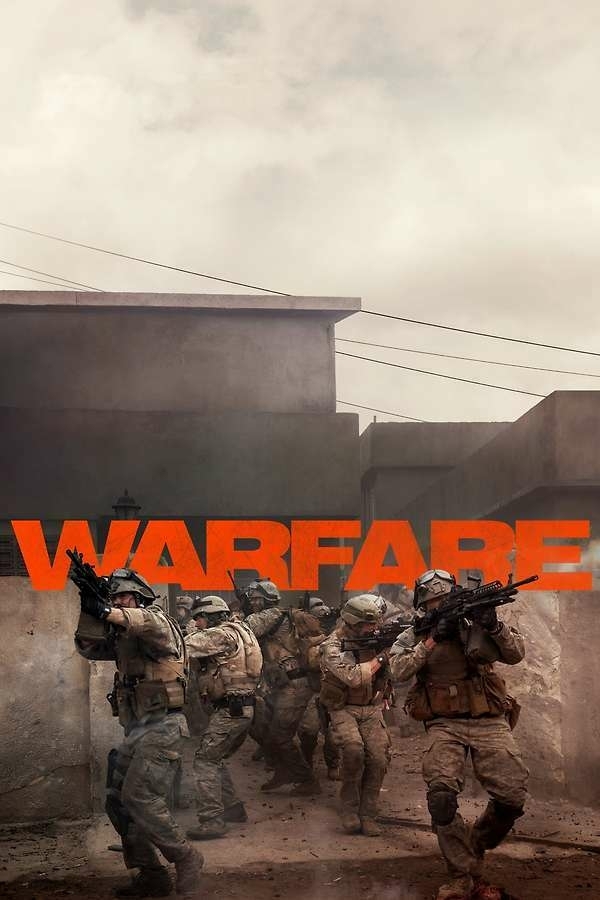
I decided to watch this on a whim today, and I'm glad I did. This is a difficult movie to watch, not just because of the subject matter but also because there's no real plot or story. I think that's part of the point.
This is an authentic story (as much as I can gather) of one of many instances - and just that, one moment (well, a 90-minute-long moment) of the war in Iraq, with all its horrors. It was created as a memory, like a journal note, of how things were back then for the people who were there; it's not the kind of movie you watch in a theater, eating popcorn.
What I appreciate about this movie is that it doesn't attempt to draw politics in. There's also no attempt at heroism or really any symbolism. It's a simple movie that makes a simple delivery.
Emacs' windows navigations and some Emacs zen
Turns out I didn’t know and forgot about all sorts of built-in fucntions in Emacs that help you navigate windows better. A bit of help from System’s Crafters video and I wised up quite a bit.
Windows in Emacs probably come to you as second nature now, as it does to me, but imagine how it looks to people from the outside for a minute:
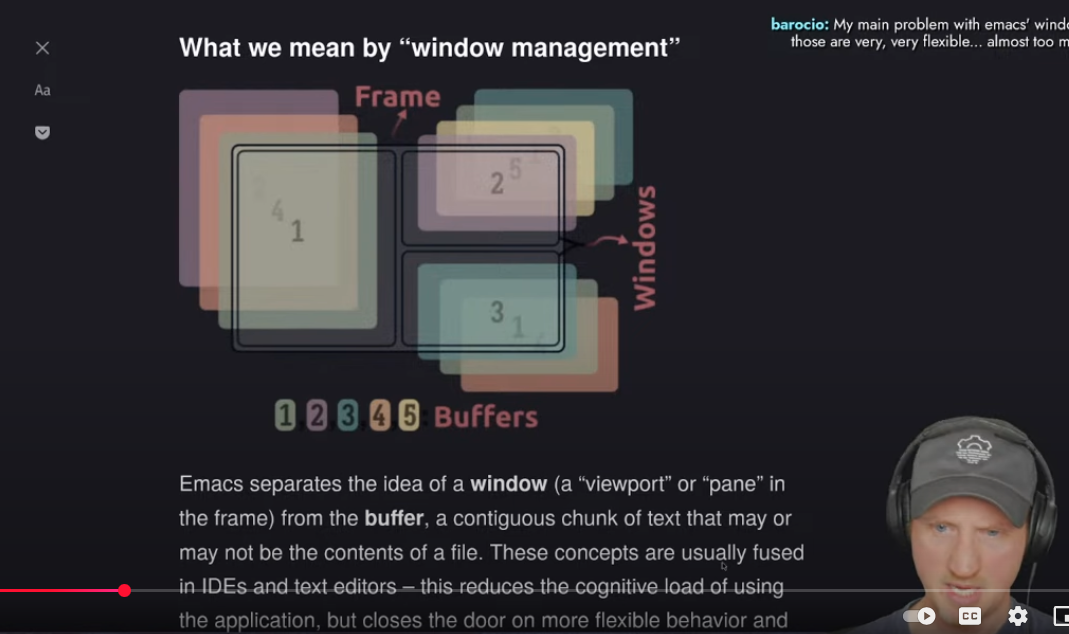
Look at the diagram on the screen. Read the explanation. Look at the “huh?” expression of David of System Crafters (awesome channel for Emacs learning by the way)… Need I say more? 😂
I love Emacs, don’t get me wrong, but when it comes to managing its windows…
A blog check list
A checklist (in org-mode, but it doesn’t have to be) I use to keep my blog perrrrrty. (ok, yes, I need to actuall use it now, I know…)
We started watching Severance, episode 1 of season 1. I only vaguely know what it’s about, but it’s intriguing, so I want to keep at it.
Emacs window management tweaking
Tweaking Emacs’ window management as a way to get tired and go to bed again.
Today I had a switch flip in my brain: what does it take for /me/ to realize that things have gone to shit, and I need a backup plan? I thought about it more calmly over a shower, and I think I’m going to come up with a list.
I just uninstalled the Reddit app again. I use Reddit it and enjoy the community ,but the official Reddit app is a disgusting ads billboard coated with politics I didn’t ask for nor can I block affectively (they come back). On the desktop, there are extensions that work better.
Sleep’s been back to six hours or so a night. Not sure why. I have quiet (besides exicted birds in the morning, but that’s nice), it’s dark enough until later in the day, and I have good air flow. Work is stressful, but not /that/ stressful. Hmm.
I love Emacs, org-mode, and Journelly.
- Show thumbnails in dired so you know which pictures you want to resize, no problem.
- Resize 20 pictures with dwim by mistake because you marked ALL of them. Oops.
- No problem:
dired-mark-files-regexp, mark all files that end with x750, delete with one keystroke - Round two, mark the ones you actually want this time.
- Move them all to the download folder with one keystroke.
Then to organize all my journal entries from journelly.org to journal.org, sort them by the order in the journal, just mark them all and use org sort alphabetically. Poof, done.
A whole day full of notes with pictures is now organized in a way I understand, with work-related notes filed into their tasks neatly, with an org-id link connecting them to the meeting header I have tomorrow.
Can you be more organized than that? Show me one program that does all of that. I didn’t pay anyone, and the software is free.
A month with Journelly
I’ve been using Journelly for a month and have established a workflow. Here are the details, especially the integration between Journelly and Emacs.
I’m so used to watch movies on my computer, I didn’t think getting a new TV would be that much of a difference, but I just got a Sony BRAVIA X90L and boy…
We just watched Dungeons & Dragons: Honor Among Thieves. The depth of the black colors, the sharpness, and the enjoyment of watching it on a big screen… it was /fun/. The movie and the experience. The next upgrade is a Bluetooth hub, so we can have two headphones connected at the same time. This is a smart TV that can stream from my Synology (through my phone), no problem. It has the apps for Netflix, Prime, and Apple TV installed. I’m going to have a lot of fun with this one.
I don’t like Outlook, but I have to use it. I’m trying to integrate it with my other email accounts once more, to have less email craziness going on. We’ll see what happens.
The Shrouds, 2024 - ★★★

I watched this one last night, but it was hard to follow. Not what I expected it to be. I am holding full judgment until I see it again and watch the details more carefully.
On Linux, I now use Pop!_OS, which is dark by default. I find that ef-deuteranopia-dark looks better with my theme there. Meanwhile, on the Mac, ef-frost works for the light theme and ef-night for the dark theme.
Here’s what I do to make this as automatic as possible (F8 is mapped as the key to guggle from light to dark when on the Mac). These are Prot’s EF themes, including the function to switch.
(cond
((eq system-type 'gnu/linux)
(ef-themes-select 'ef-deuteranopia-dark)
)
((eq system-type 'darwin)
(mapc #'disable-theme custom-enabled-themes)
(ef-themes-select 'ef-frost)
(setq ef-themes-to-toggle '(ef-frost ef-night))
)
)
Captured this guy this weekend 📷. We’re enjoying “hunting” birds: Nat identifies them using the Merlin app, and I try to capture them with the camera. It’s not easy, and I’m rusty, but it’s fun!

